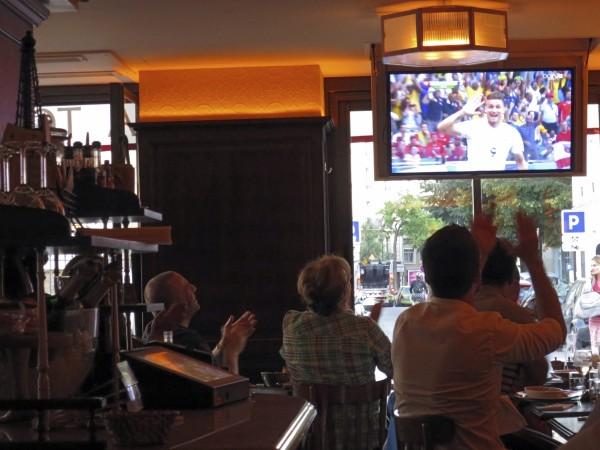
The decision of television channels, HBO and CBS to provide live streaming on the Internet this week has been seen as a major setback for the traditional cable services, as this could potentially mark the beginning of the end of the age-old television viewing.
Interestingly, the Internet viewers of the new services need not require subscription to any services such as cable or satellite and could ultimately get away without being affiliated with the local broadcast – an indication that more and more people could prefer to access television via the Internet.
The trend could further snowball into a rippling effect with more networks and production companies following the suit as demand for online TV streaming gradually increases, experts say.
HBO grabbed the headlines earlier this week with its plan to offer the streaming service next year. Soon CBS announced that they are also launching such a service. The Network launched the 'CBS All Access' service on Thursday, providing online and mobile access to live streams from local CBS-owned stations in Los Angeles and 13 other cities. It also provides on-demand access to 15 current prime-time shows and numerous classics like "Star Trek" and 'Cheers". However, all this will cost a person just under $6 per month.
"It is the first broadcaster to stream all its programming live, albeit in a limited number of markets," LATimes' reporter Jon Healey wrote in an opinion piece.
"Fans of shows on Fox, ABC, NBC and the CW may not be thrilled with the idea of paying for live access to just one of the major broadcast networks."
But there are others who are of the view that as more production companies start their own live streaming, the demand for cable bundle would go down.
"It's not far down the road when no one will have cable television in their home any more but rather will have all programming through the Internet," Jeff McCall, professor of communication at DePauw University told The Christian Science Monitor.
"The days when we had to get programming through TV over the air, satellite or cable are gone. The old media will have to adapt very fast or be left in the dust."










